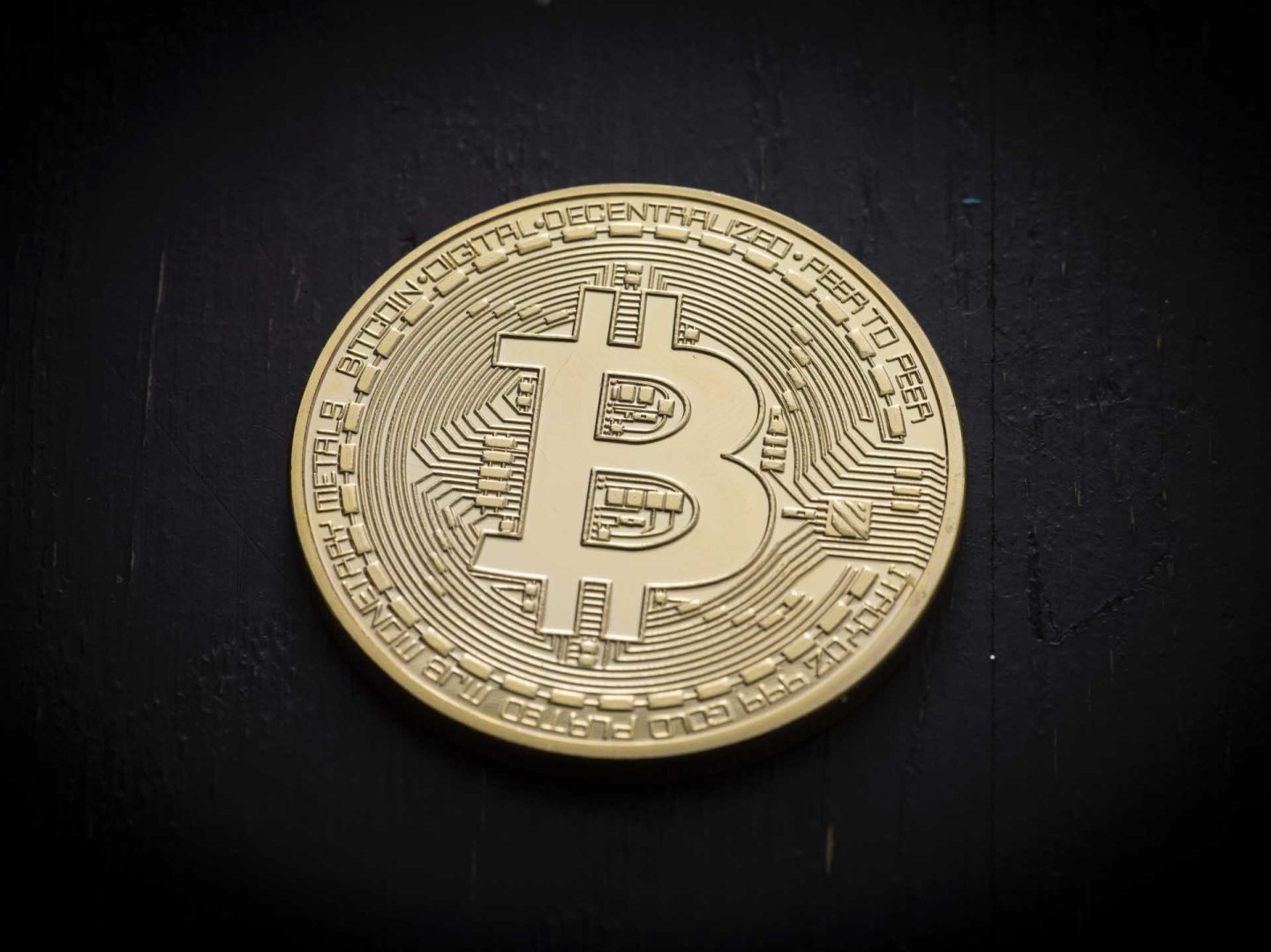Cryptocurrencies wiped out much of the bullish momentum at the end of the week, after US mega techs presented weak financial results contributing to the pullback on the indices. At the same time, record amounts of bitcoin are being withdrawn from the balances of cryptocurrency exchanges:
- Historically, the phenomenon of Bitcoin disappearing from exchanges has been a positive harbinger, signaling a reluctance to sell by 'whales' who withdraw tokens to external wallets. Did the bulls really believe Bitcoin's bottom?

A record 55,000 BTC, worth about $1.1 billion, was withdrawn from the world's largest cryptocurrency exchange, Binance. The amount is the largest outflow in the exchange's entire history. The scale of the outflows beat the June low, when bitcoin cost $17,600, and the March 2020 covid crash. Source: CryptoQuant The scale of Bitcoin's outflows from cryptocurrency exchanges did not apply only to Binance, which could be just a 'single false signal' of the whale's movement. Averaged outflows from all cryptocurrency exchanges on October 25-26 approached June's record highs of nearly 23,000 BTC. Bitcoin broke out of the consolidation, similar to the upward surging movement of November 2020. The total amount of BTC leaving the exchange in recent days is already approaching 71,600 BTC, with more than 94,000 BTC liquidated from the balance of exchange derivatives. Such a scale of liquidation of BTC contracts in the past has heralded declining supply pressure. Source: CryptoQuant
The scale of Bitcoin's outflows from cryptocurrency exchanges did not apply only to Binance, which could be just a 'single false signal' of the whale's movement. Averaged outflows from all cryptocurrency exchanges on October 25-26 approached June's record highs of nearly 23,000 BTC. Bitcoin broke out of the consolidation, similar to the upward surging movement of November 2020. The total amount of BTC leaving the exchange in recent days is already approaching 71,600 BTC, with more than 94,000 BTC liquidated from the balance of exchange derivatives. Such a scale of liquidation of BTC contracts in the past has heralded declining supply pressure. Source: CryptoQuant
- The cryptocurrency market is still uncertain about the future movement of cryptocurrencies in the face of a weak earnings season for technology companies in the US and the upcoming Fed decision on interest rates, which again could bury market hopes for an early pivot. Some cryptocurrency analysts are pointing out that the observed breakout was a 'fake-out', and that the markets may be 'punished' again by the Federal Reserve's hawkish narrative;
- Hope for a pivot is further in play, however. Wall Street has been circulated with news of a 'dovish outlook' from BlackRock fund analysts, who are reportedly pointing to Jerome Powell's 'dovish tone' as early as the upcoming Wednesday meeting, and expecting lower rate hikes from December;
Ethereum is defending itself around $1,490, while Bitcoin is trying to hold the psychological $20,000 level. Weaker performers are the altcoins among which some are recording 3 and 4% sell-offs ahead of the weekend.
Bitcoin chart, D1 interval. The price of the largest cryptocurrency moved in a descending triangle formation, raising concerns about a breakout from the sideways 'south' trend. Bitcoin surprised the bears with an upward reaction, however, it is still too early to trumpet a change in trend. The SMA50 average (black) has risen slightly, but the intersection with the SMA200 (red) is still a long way off. If the averages maintain the current momentum the intersection could take place around $22,500 signaling a probable change in the trend to an uptrend through the so-called 'golden cross'. Historically, Bitcoin's exit from the bull market has always been accompanied by an intersection of these two averages. The main support is around $20,000 and the levels at $19,600, where the SMA50 runs. A drop below them could herald sharp supply pressure and 'expose' a possible false breakout. Source: xStation5

Daily summary: Weak US data drags markets down, precious metals under pressure again!

🚨 Bitcoin drops to $69,000 📉 A 1:1 correction scenario?

Market wrap: Novo Nordisk jumps more than 7% 🚀

Crypto news: Bitcoin falls below $70k 📉Will crypto slide again?


